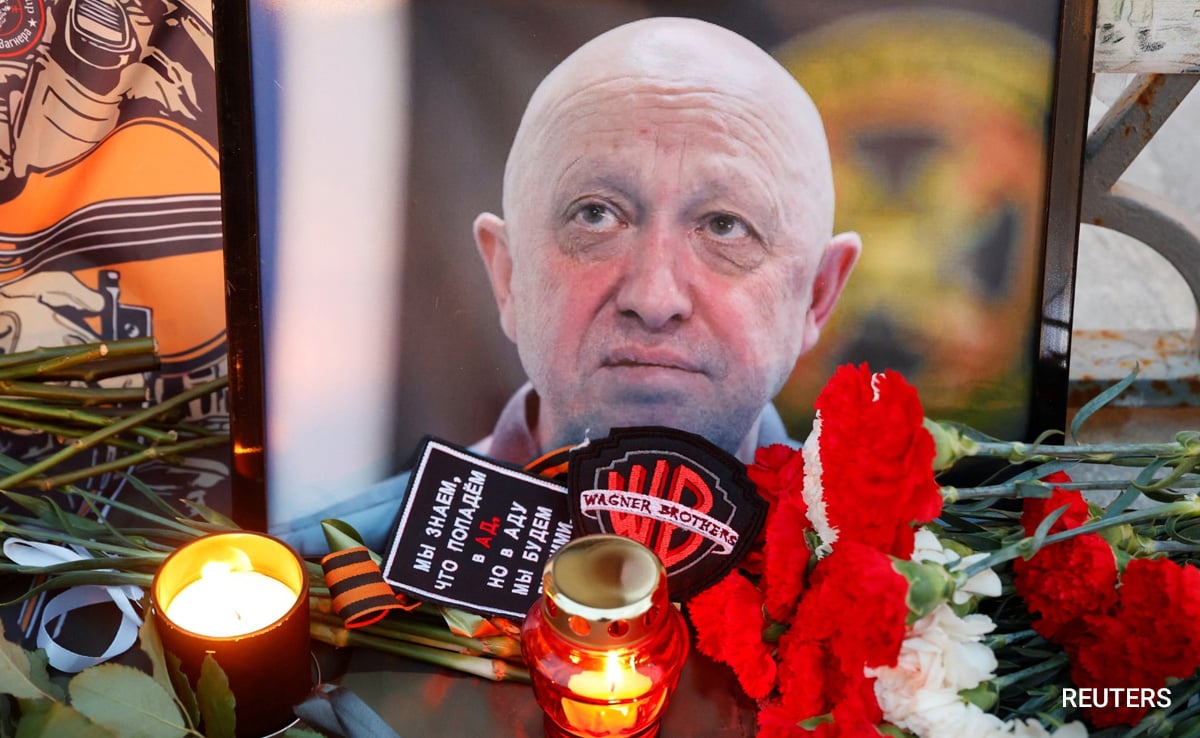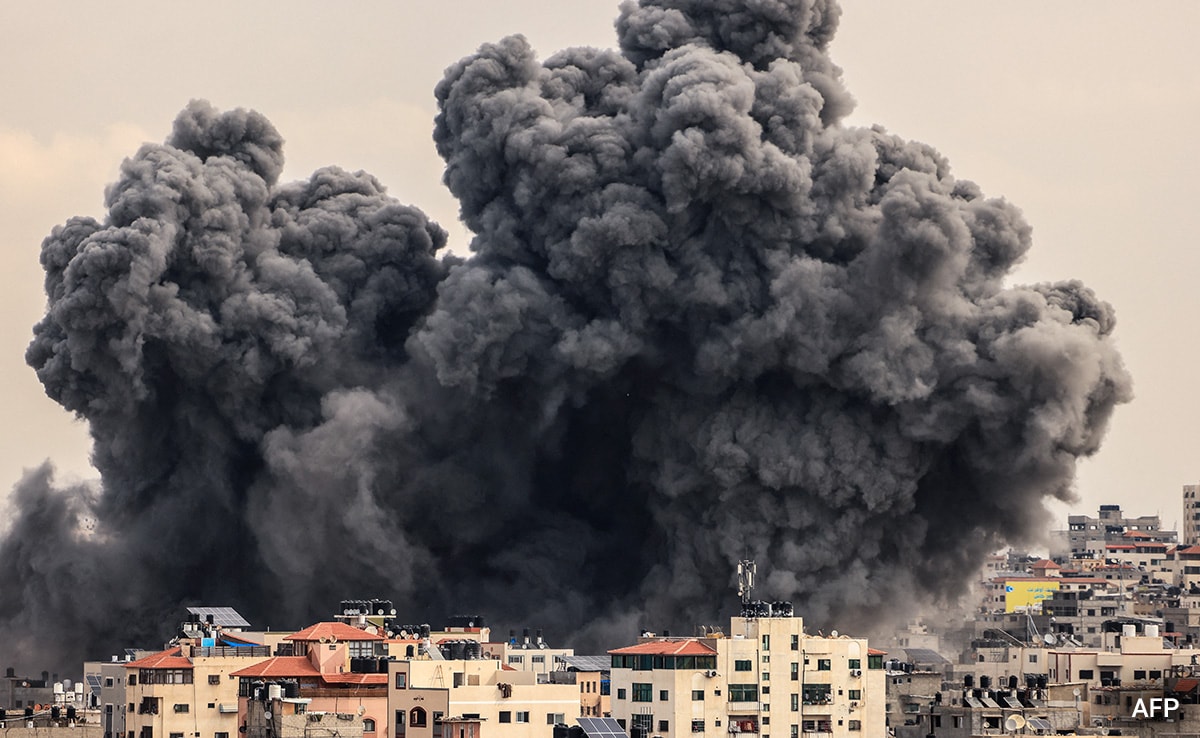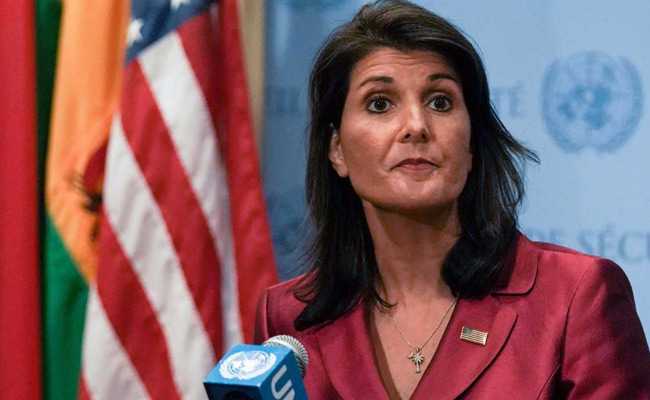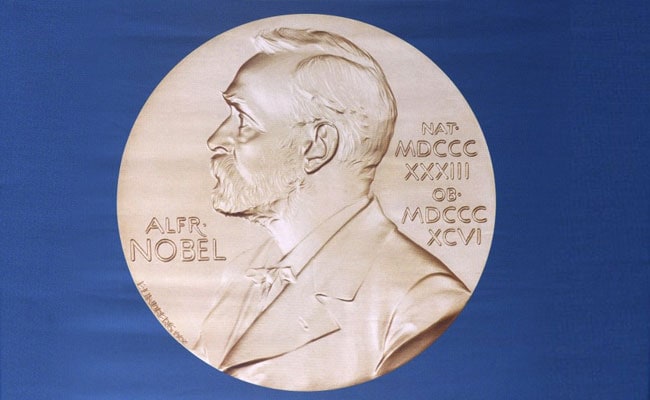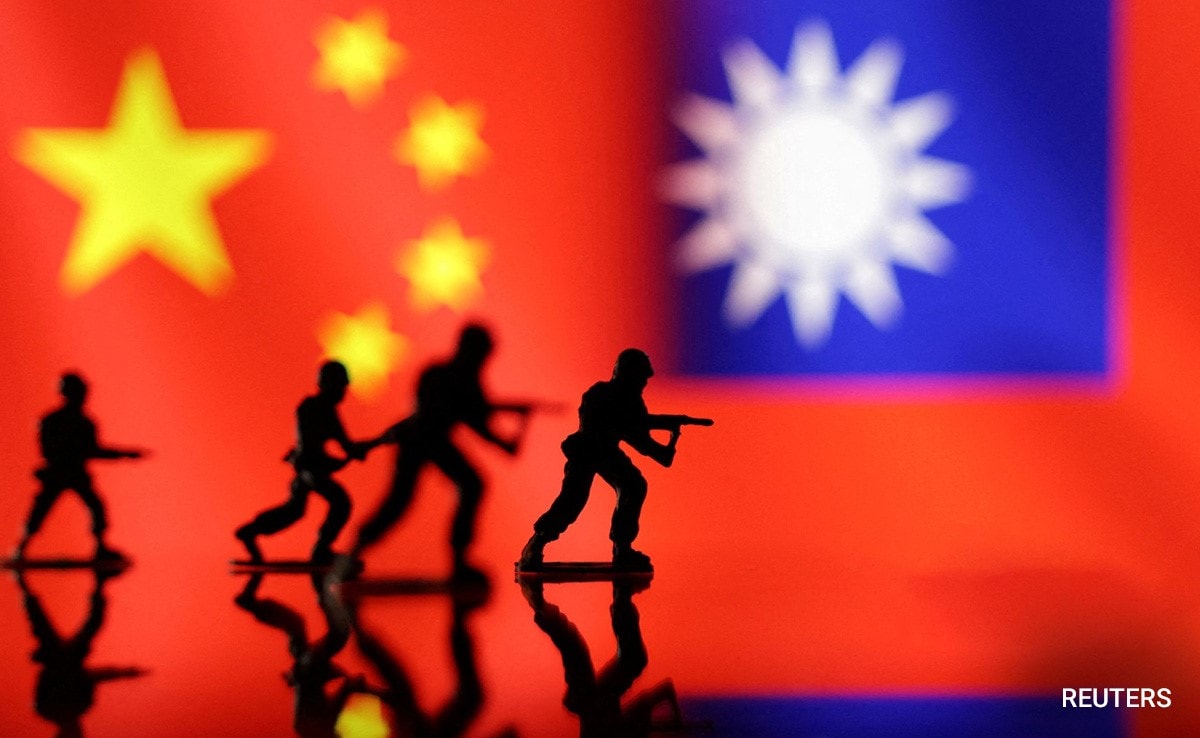The embassy of the Islamic Republic of Afghanistan in New Delhi on September 29.
| Photo Credit: AFP
The story so far: On September 30, a statement carrying the seal of the Ministry of Foreign Affairs of the Islamic Republic of Afghanistan announced the closure of the Embassy of Afghanistan in Delhi. The announcement had been anticipated for a while, especially after a report which stated that a letter had been sent from the mission to the Ministry of External Affairs informing it of the impending closure. In its official communication, the Embassy of Afghanistan blamed multiple factors including lack of cooperation from the Government of India and a lack of resources to operate any further. Furthermore, the embassy has urged the Indian government to fly the flag of the Islamic Republic of Afghanistan over embassy premises. It has also asked New Delhi to hand over the mission to a “legitimate government” of Afghanistan sometime in the future.
Is this a turning point for Afghanistan-India relations?
The embassy represented the Islamic Republic of Afghanistan that was deposed through a military campaign by the Taliban on August 15, 2021. The Taliban fighters who quickly took over all the major cities and infrastructure of the country, as the U.S. forces carried out a messy withdrawal, were not recognised by India as de facto rulers. With the displacement of the Islamic Republic of Afghanistan, the embassy of Afghanistan in New Delhi had begun to work as a “stateless mission” as it did not represent the current rulers of Kabul, that is the Taliban, with whom India has no diplomatic relationship. In effect, the embassy of Afghanistan was performing a ceremonial or a symbolic role, helping out Afghan citizens and travellers in India deal with the difficulties they have been facing because of the lack of diplomatic relations between the two countries. The mission had stopped representing an active state since August 2021 and was working as a coordinating agency. Moreover, the ambassador of the previous regime of President Ashraf Ghani, Farid Mamundzay, left India and has not been seen for over three months.
Will the move affect travel and trade between Afghanistan and India?
Afghanistan has traditionally maintained an embassy in Delhi and two consulates in Hyderabad and Mumbai. The consulates in Hyderabad and Mumbai have not shut down and Zakia Wardak, the Consul General of Afghanistan (Islamic Republic) has come out with a statement defying the embassy’s announcement to close down the mission, stating that the consulate will continue to function as part of a “solemn commitment” towards thousands of Afghan students, refugees and traders. The announcement of the embassy of Afghanistan is expected to trigger confusion among Afghans in India but the consulates are expected to help them.
Does this mean that India and Afghanistan have no relations?
Despite the closure of the embassy in Delhi, India and Afghanistan are continuing engagement with each other in a curious way. India has been maintaining a “technical team” in Kabul where the staff provides visas to Afghan traders and travellers to India. There are two weekly flights that carry Afghan citizens and items to India. India uses the flights while sending humanitarian assistance to the Afghan people. That apart, some Indian goods are also entering Afghanistan through other countries like Iran and the UAE.
However, these are indicative of the informal nature of the relationship as formal diplomatic ties are unable to take off, because India refuses to recognise Taliban citing human rights abuses by the regime.
Will India and the Taliban ever establish formal ties?
India has not recognised Taliban formally but Indian diplomats have been engaged with the Taliban since the immediate aftermath of the fall of Kabul in August 2021. Indian diplomats have met the Taliban’s representatives in multiple locations under multilateral initiatives like the recent Moscow format dialogue. On September 29, India sent a representative to Kazan, Tatarstan in Russia to engage with the Taliban under the Moscow format dialogue. That apart, Taliban is quickly gaining international recognition from rival powers like China which sent a new ambassador to Kabul in September. With Iran, Pakistan, the UAE, Russia, Qatar and China warming ties with the Taliban, there is obvious pressure on India to reconsider its position on the Taliban. The Taliban has been urging India to support it with its economic revitalisation through projects like electricity generation and road building works. India, however, has not yet indicated that it will review its position on the Taliban. The embassy of Afghanistan in Delhi is one of the oldest diplomatic addresses in the capital and India has never allowed the Taliban to operate from that address, even when it governed Afghanistan from 1996 to 2001.
- On September 30, a statement carrying the seal of the Ministry of Foreign Affairs of the Islamic Republic of Afghanistan announced the closure of the Embassy of Afghanistan in Delhi.
- The announcement of the embassy of Afghanistan is expected to trigger confusion among Afghans in India but the consulates are expected to help them.
- Despite the closure of the embassy in Delhi, India and Afghanistan are continuing engagement with each other in a curious way.


